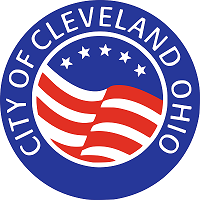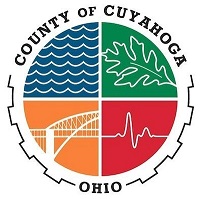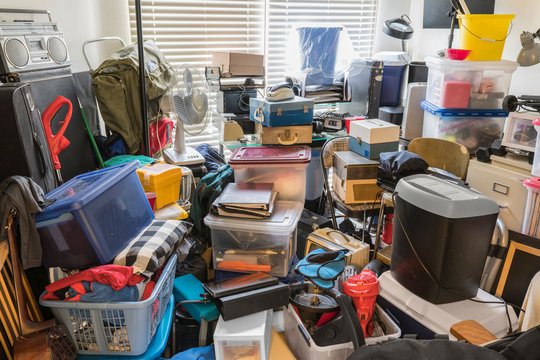
Hoarding Connection of Cuyahoga County
The Hoarding Connection of Cuyahoga County’s mission is to provide support and advice, educate, develop best practices, and assist in identifying needed resources for individuals who hoard and those that work with individuals who hoard.
This collaborative effort brings together more than 20 organizations from the public, nonprofit, and private sectors to address hoarding issues across the county.

The Hoarding Connection of Cuyahoga County (HCC) promotes a comprehensive approach to helping individuals who hoard while protecting the safety of the community and individuals who respond to hoarding situations. To do this, the group:
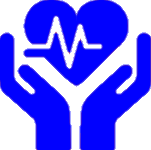
Provides public information to improve community awareness of hoarding as a mental health issue

Provides education and training to professionals and organizations in contact with individuals who hoard
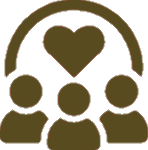
Organizes peer-led treatment groups for individuals with hoarding disorder

Develops and disseminates information that can be used by organizations across the county to advocate for individuals with hoarding disorder.
FAQs
Explore our events and workshops:
Annual Hoarding Conference
Nov. 3, 2025, 8:15 a.m. – 4:30 p.m. Educational Service Center of Northeast Ohio
Benjamin Rose is member of Hoarding Connection of Cuyahoga County, a group of more than 20 organizations working together to address the issue of hoarding in the community.
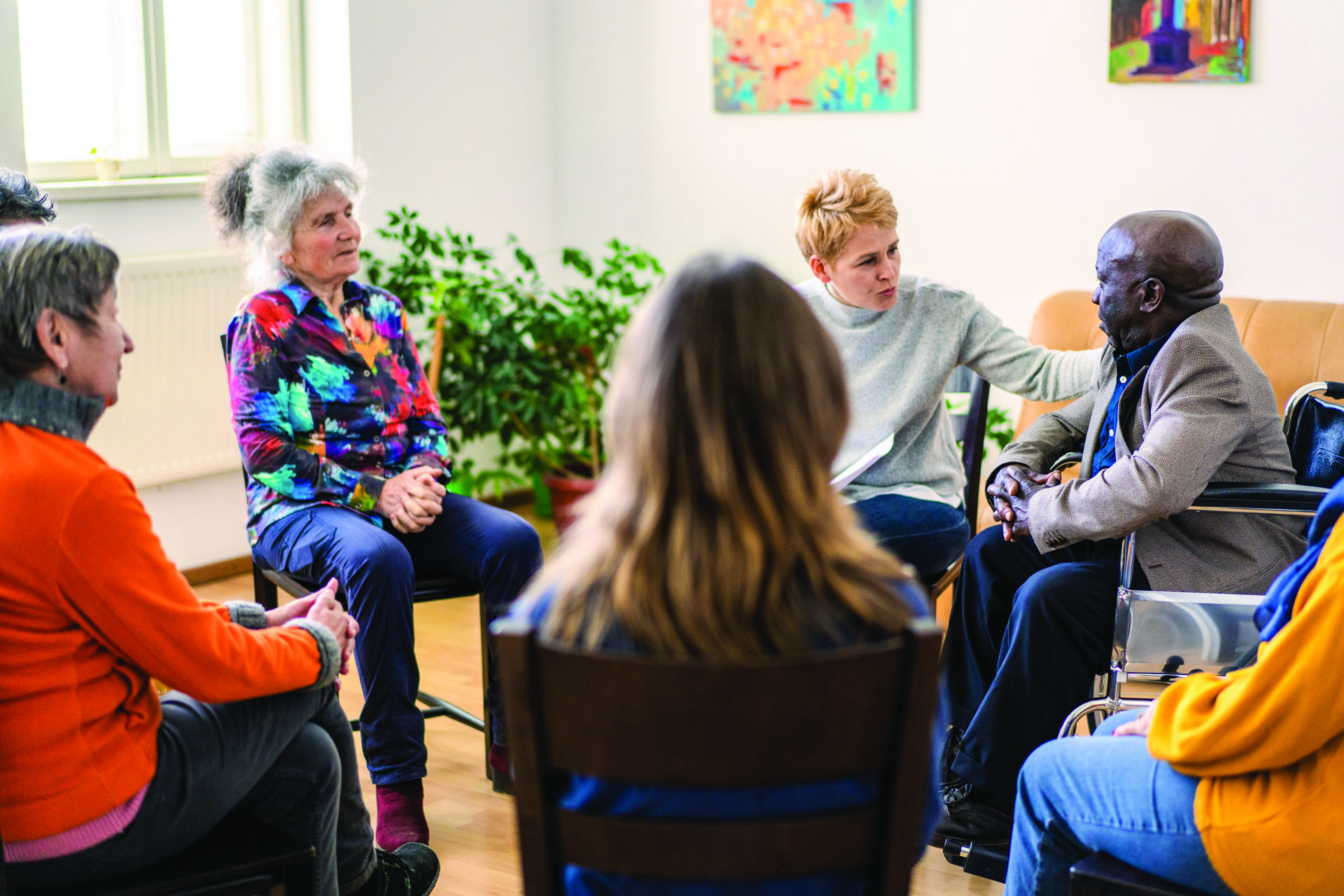
Connect with support and guidance
Need help managing your hoarding disorder? Want to join the Hoarding Connection as a partner organization? Fill out the below form, and a member of our team will reach out to you with next steps.
Hoarding resources in Cuyahoga County
This list is for informational purposes only and does not constitute an official endorsement of products or services by the Benjamin Rose, the ADAMHS Board or other partner organizations of the Hoarding Connection.
Mental Health and Behavioral Support
Behavioral Health Services, Benjamin Rose
216-791-8000
Junk Removal and Cleanout Services
1-800-Got-Junk
1-800-468-5865
Haul My Mess
216-799-9911
Junk Away
855-855-5865
Specialized Cleaning Services
Bio Clean Services
800-901-2988
Rainbow International of Cleveland
440-888-0497
Steri-Clean Cleveland
888-577-7206
Senior Relocation Services
North Coast Residential Relocation
440-248-5281

